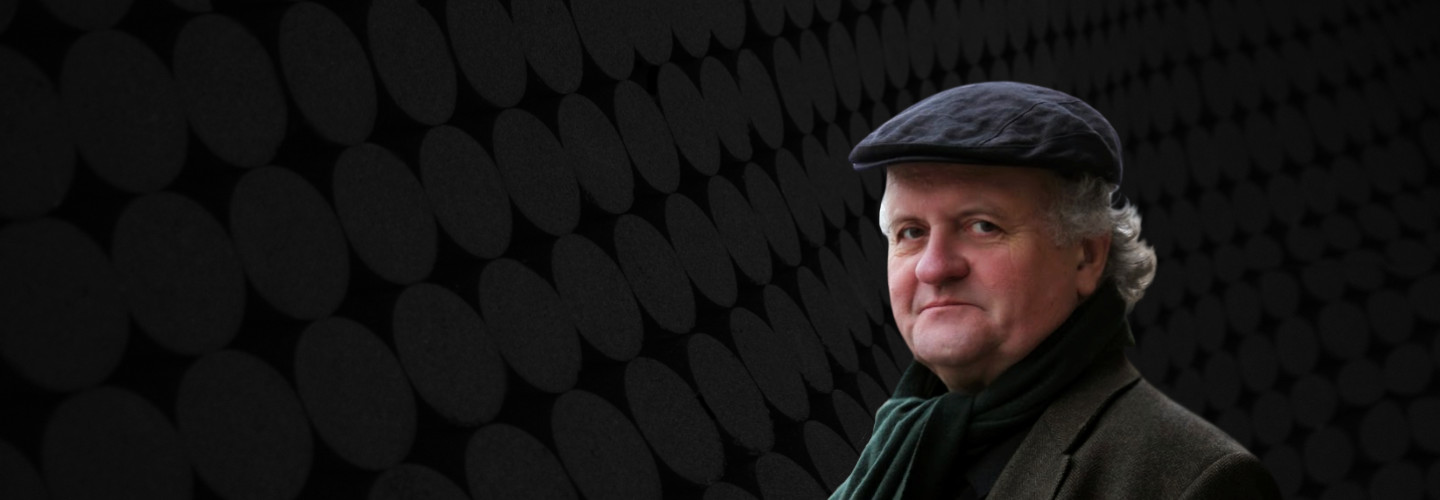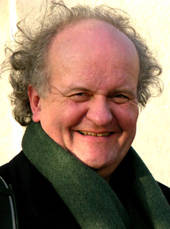

Wolfgang Rihm
Transitus
Short instrumentation: 3 3 3 3 - 4 3 3 1 - timp, perc(2), hp, str
Duration: 15'
Instrumentation details:
1st flute
2nd flute
3rd flute
1st oboe
2nd oboe
cor anglais
1st clarinet in A
2nd clarinet in A
bass clarinet in Bb
1st bassoon
2nd bassoon
contrabassoon
1st horn in F
2nd horn in F
3rd horn in F
4th horn in F
1st trumpet in C
2nd trumpet in C
3rd trumpet in C
1st trombone
2nd trombone
3rd trombone
bass tuba
timpani
1st percussion
2nd percussion
harp
violin I
violin II
viola
violoncello
double bass
Rihm - Transitus for orchestra
Sample pages
Work introduction
Wolfgang Rihm on Richard Strauss and Transitus
People like to label Richard Strauss as a “conservative.” How do you deal with that?
What am I supposed to deal with? – the label? – that people place it on Strauss and occasionally on me, too? In both cases, it depends on who is attaching the label; only then can you know what it means. What could it mean? “Conservative” could be a stance including thinking in avant-garde categories even today. If you look at it that way, of course I am not conservative. It’s too bad, actually, since the avant-garde nurtured me. But the designation “conservative” is mostly applied to someone who does not insensibly float along in the flow of the fashionable trends of the day. From that viewpoint, I can quite rightly and justifiably be called a conservative. And Strauss? – ask him yourself. He is still alive, in a senior citizens’ home in Darmstadt. He jogs over the cemetery there every day …
Composers are still glad to be called conservative today if that refers to Strauss’ virtuosity as an orchestrator.
That is why I never refer to that superficial aspect of the scores. Virtuosity is not a merit per se. Any model student can be a virtuoso. The important thing is the type and amount of energy set in motion. There is so much virtuosic music in its place; nothing moves, everything waggles, waves about, glitters. But music passes on, transfers energy. The quality of a musical work depends on its energetic payload and its currents. In his best moments, Strauss leaves an incomparable undertow of relentless flow.
How does that virtuosity manifest itself for you?
Presuming that it is a question of the outer layer of genuinely virtuosic sound events after all, it is always characterised by transparency, airiness, space between the particles. Strauss’ scores are never congested, never mind adipose. Even when he unleashes the greatest dynamic forces, they always have room enough to move to accommodate the small emergences of the moment. Everything is wonderfully perceptible, even “walls of sound;” apparently impenetrable surfaces let the ear perceive acoustical light at the end of the tunnel. For me, that is the sign of true virtuosity.
Was Strauss an endpoint?
I don’t know. What is an “endpoint” in the first place? It is a figure of thought, isn’t it, since – apart from the final black hole – there is only movement, transition, pathway and flux. Each includes the option of drawing further a line which has seemingly been taken to its end already.
Is Strauss’ modernity often underestimated?
Perhaps – but it doesn’t matter. Besides, it is fruitless to sort through earlier artistic phases in terms of their compatibility with the so-called modern era. Merely because it happens to be of interest today (3 March 2014, 5:58 p.m.), it is not the objective of a deliberately designed development. We would like it to be that way, because it gives us a charge of sense and meaning and it affords us the illusion for the moment that our action has been anticipated.
How is Transitus connected with Strauss?
Indirectly, at most: transfer of energy, as mentioned, motion flux, transition as an image of human existence, perhaps something of the “death and transfiguration” problem – only without “transfiguration” – and of course without “death” as an onstage figure. Write a piece which is the result of itself –I try to do that again and again, so that the one grows from the other, all the events flow into that interminability which is the fundamental ambience of every music; music is within time, but it does not belong to time – it is the escape with human power from conditionality – an escape which naturally always fails – agreed?
(Universal Edition AG, March 3, 2014)

